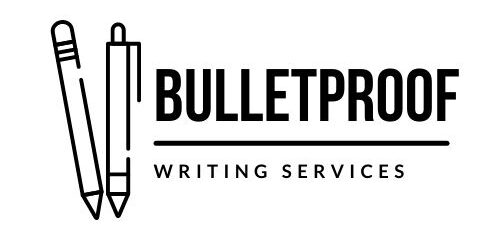“This needs to be perfect.” We’ve all said it at some point. Whether you’re building a website, writing an article, or making a fancy dinner, you want your creation to be absolutely perfect before you stop or move on to the next thing. That’s the goal we’ve all been taught to aim for.
But have you ever wondered if perfection is actually the right goal? Is it possible to achieve or even beneficial for us to shoot for perfection?
What is Perfect?
First of all, everyone gauges perfection differently. If you asked me to describe the perfect molasses cookie, I’d say that it is soft and chewy with bits of crystalized ginger mixed in. But if you asked my best friend the same question, she’d say the cookie should be crunchy with a definite snap. It’s a situation where we agree to disagree.
Perception and tastes vary from person to person. That’s true in every situation from cookies to proofreading.
However, in the editing world, we try to account for this by using style guides to ensure consistency within documents, editing teams, academic fields, and publishing houses. Having an agreed upon set of rules certainly helps, but as we’ve seen, even style guides don’t agree on how to treat every situation. And even when we use a style guide, allowances are made for tone, the intended audience, and author preferences, so that the final result might be perfect to one person but not another.
For example, many novels and blogs have incomplete sentences. Technically, those are grammatically incorrect, but editors and proofreaders will leave them if the fragments fit the tone of the work. Dialogue that includes different dialects may have words that are technically misspelled but are true to the pronunciation. They are appropriate for the character or author, so the editor or proofreader would leave those “misspelled” words in place. One person may look at them and say they’re incorrect, another would say it’s a good representation of a person or culture. Perfection is a matter of perspective.
The Perfect Stumbling Block
I ran across an old Forbes article a few weeks ago about our tendency to strive for perfection. The author asserted that we spend more time caught up in the details of our projects than actually advancing in our work and that we don’t truly understand what “being done” means. As a writer, proofreader, and small business owner, this really resonated with me.
From a writer’s perspective, I think most of us have struggled to find the right words for a given situation. Whether we’re drafting our mission statements, fixing a plot hole, or blogging about a sensitive subject, sometimes capturing the perfect words is hard.
So, we wait.
We wait for inspiration, for our writer’s block to suddenly disappear, or for feedback from our editors or friends. But waiting on perfection means we’ll be waiting a long time.
As a proofreader, the drive for perfection can mean doing “just one more read through.” It’s not time wasted exactly, but it’s not time used efficiently. Following our processes, trusting our training and instincts, and adhering to deadlines is a much more effective use of our time as editors and proofreaders than obsessing over perfection.
In a small business, waiting for perfection can be costly. How many clients or opportunities have you missed because you waited to take your website or social media accounts live? How many good ideas or projects have slipped by because the idea wasn’t perfect?
Waiting for perfection means nothing gets done. It’s paralyzing.

What Does “Being Done” Mean?
If you are done with something, you move on to the next thing. If you aren’t done, you keep working on it, whether it’s a manuscript, a business plan, or a relationship. Being done frees you up to focus on the next step. It allows for progress and momentum. Sometimes that means taking a risk with something that isn’t perfect, but good.
I encourage you to take that risk. Stop waiting for the perfect idea or time.
Submit a good client proposal.
Knock out a good first draft of your manuscript.
Turn in a good chapter or article.
Choosing something good over something perfect is not settling. It’s liberating. Embrace the freedom that comes from being done instead of the fear that accompanies the push for perfection. After all, there is enough stress and fear in the world right now without the burden of being perfect.
If you’d like to read the Forbes article, you can find it here. If you are ready to move on to the next step with your project, let me know. I’d love to proofread your work and help you reach the finish line.
